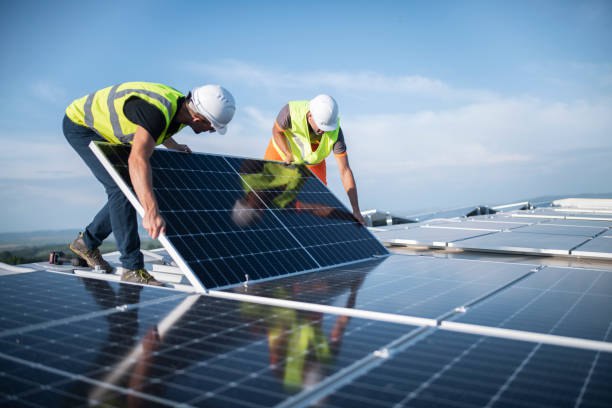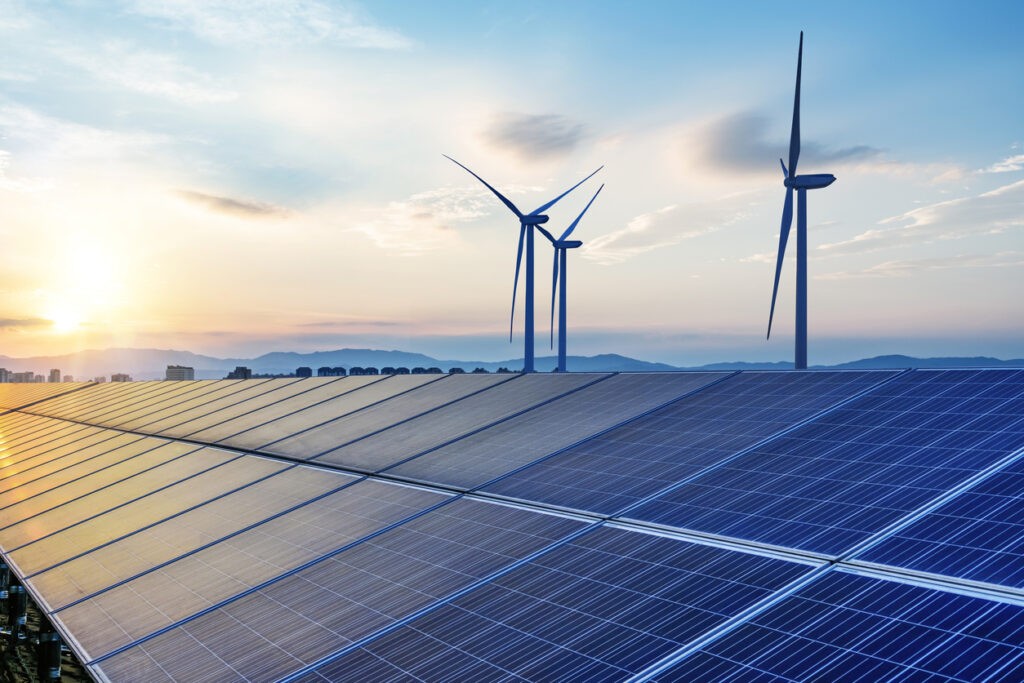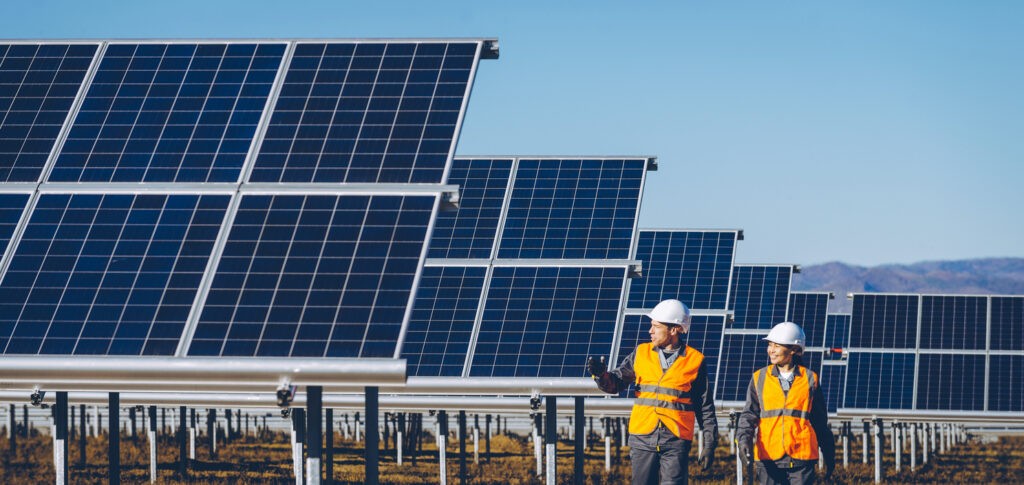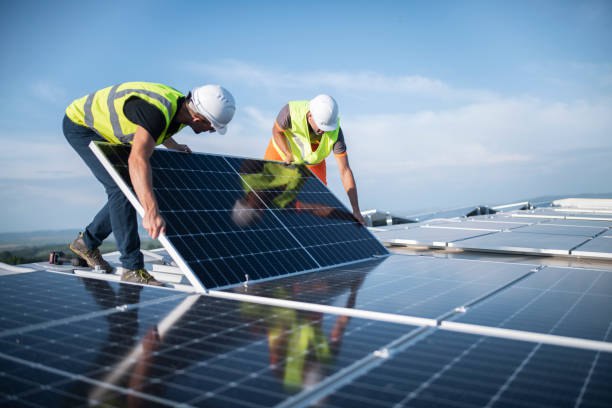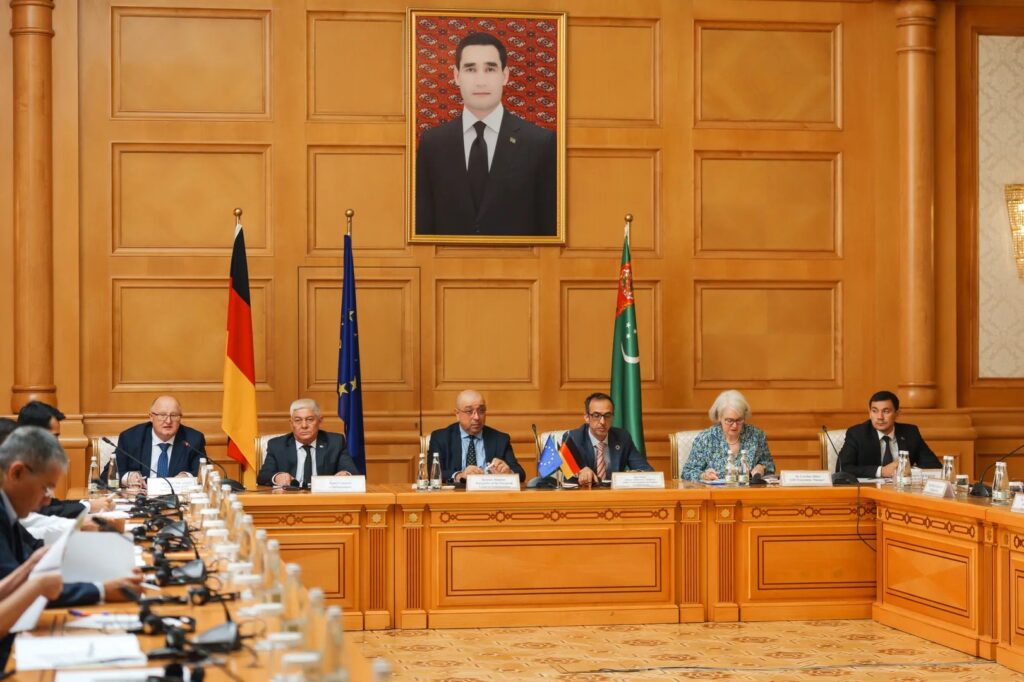Uzbekistan to Build New Solar Plant with World Bank Support
The World Bank has approved a $3.5 million payment guarantee to support Uzbekistan’s renewable energy development. The guarantee covers the National Electric Grid of Uzbekistan JSC’s obligation to purchase electricity from a 100-megawatt solar power plant to be built and operated by the French company Voltalia in the Khorezm region. Details of the Solar Plant Project The solar plant, set to be commissioned in November 2025, will span 177 hectares and generate more than 240 gigawatt-hours of renewable energy annually. It is projected to reduce CO₂ emissions by over 230,000 metric tons each year and produce enough clean energy to power approximately 60,000 households. This initiative aligns with Uzbekistan’s commitment to increasing clean energy production and advancing its transition to a green economy. Broader World Bank Support In addition to this project, the World Bank has allocated $800 million to accelerate Uzbekistan’s transformation into an inclusive and stable market economy. This financing supports reforms to: Improve the business environment. Enhance agriculture, railways, and energy efficiency. Strengthen public finance management. Expand social services. Increase preparedness for environmental risks. Favorable Financing Terms The World Bank’s financial support employs highly concessional loans, offering low-cost, long-term repayment options that are more favorable than standard international financial market rates. Uzbekistan’s collaboration with the World Bank underscores its strategic focus on sustainable development and clean energy to meet environmental and economic goals.
